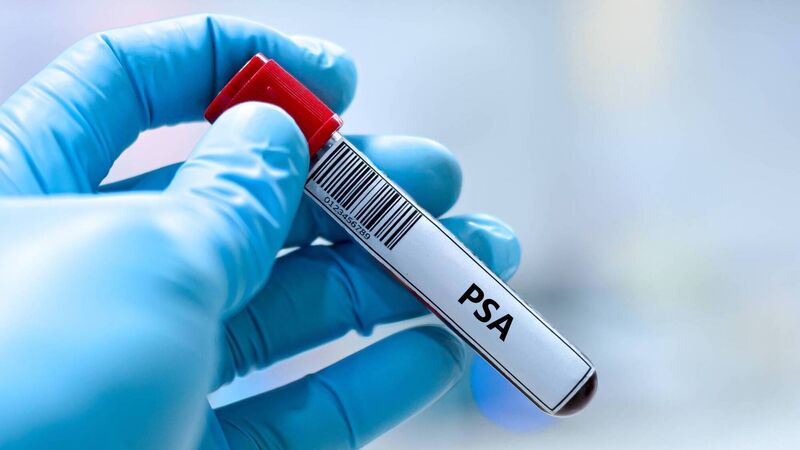Are we close to establishing a simple screening service for prostate cancer?

Ireland’s National Screening Service already tests for breast, cervical, and colon cancer. Large-scale trials are under way in Europe and Britain to assess the viability of a test for prostate cancer.
Prostate is the cancer most commonly diagnosed in men. It affects one in six and the risk escalates with age.
“If they live long enough, all men develop areas of cancer in their prostate,” says Mr David Galvin, head of research at the Irish Society of Urology and consultant at the Mater and St Vincent’s University Hospitals.











